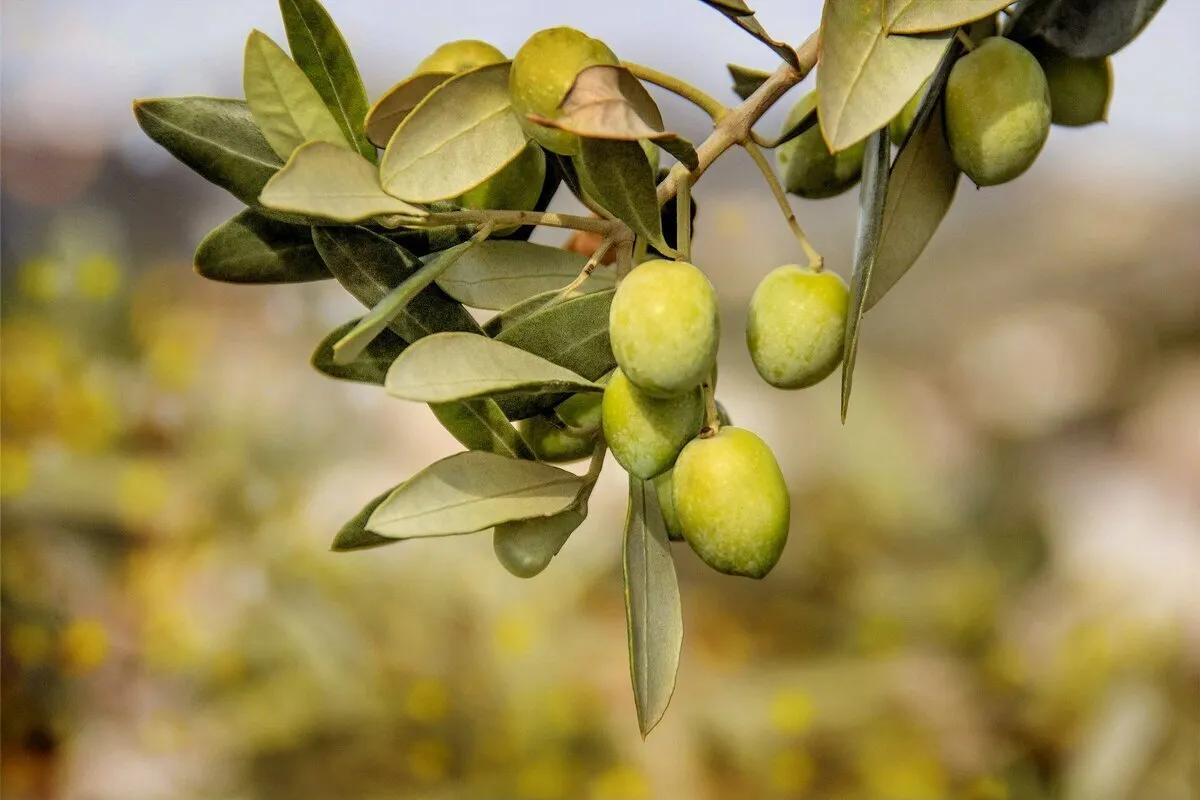Iranian Researchers Increase Productivity in Olive Farms

“The average olive harvest per hectare in the world is 2 tons; but in our country, we harvest 2 and a half tons and the average yield is 25% more than the world, which is the result of using the latest know-how of scientists in olive cultivation in the past 10 years,” Jahangir Arab, a member of the board of directors of Sabzineh Royah Deland company, told ANA.
“Today, olive trees have been planted in an average of 1,350 hectares of farms densely and ultra-densely in Iran where 25 tons of olives are harvested per hectare,” he added.
“If we can harvest five kilos of olives per one cubic meter of water, that means we have harvested $6 worth of product because five kilos of olives give one kilo of olive oil, the price of which is $6 dollars,” Arab noted.
In a relevant development earlier this year, researchers at an Iranian knowledge-based company developed an environmentally-friendly device to control pest infestations in olive trees.
“This device is a combination of all methods of combating the olive pest and does not cause environmental damage. Two of these devices cover one hectare of land,” Mohammad Reza Masoudinejad, the managing director of the Iranian knowledge-based company said in an interview with the Iranian media.
“In the last 10 years, with the arrival of a large volume of olives from neighboring countries, the olive fruit fly arrived the country with them and became a pandemic due to its biological compatibility,” he said, adding, “This pest has stormed orchards and olive fields and has caused great losses to farmers and the country's economy.”
The olive fruit fly (Bactrocera oleae) is a species of fruit fly which belongs to the subfamily Dacinae. It is a phytophagous species whose larvae feed on the fruit of olive trees, hence the common name. It is considered a serious pest in the cultivation of olives.
Masoudinejad, who is a professor at Faculty of Health and Safety of Tehran-based Shahid Beheshti University of Medical Sciences, added that when the fruit reaches the stage of ripe and harvest, this pest starts spreading and destroys a large part of the product.
“Previous studies show that up to 30% of the olives are destroyed due to pest infestation,” he added.
Stating that there are several methods to eliminate the olive fruit fly, he explained, “In physical methods, they install and hang colored strips impregnated with poison on the branches of trees. Then by attracting and sticking flies to these papers, the pests are controlled to some extent.”
4155/v





















